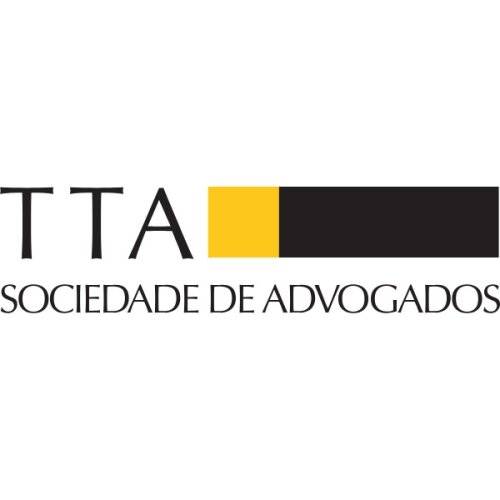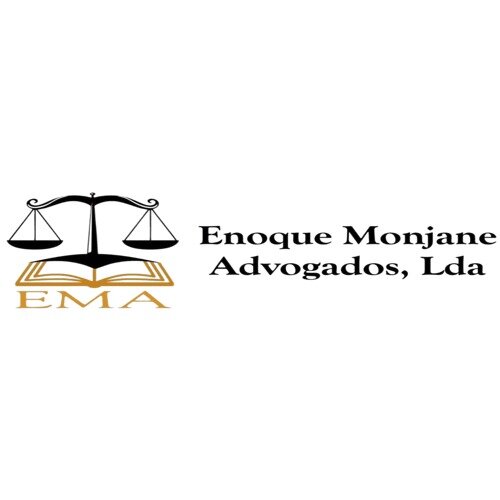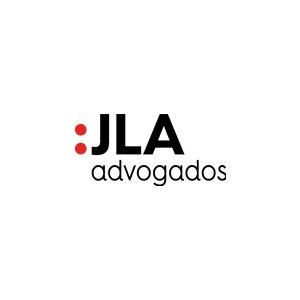Best Labor Law Lawyers in Mozambique
Share your needs with us, get contacted by law firms.
Free. Takes 2 min.
Or refine your search by selecting a city:
List of the best lawyers in Mozambique
About Labor Law in Mozambique
Labor Law in Mozambique is primarily governed by the 2007 Labor Law, which establishes the legal framework for employment relationships in the country. It addresses various aspects of labor relations, including employment contracts, working conditions, wages, and social security. The law aims to promote fair labor practices and protect the rights of both employers and employees. Mozambique's labor laws are designed to align with international labor standards, reflecting the country's commitment to fostering a stable and equitable working environment.
Why You May Need a Lawyer
Obtaining legal advice in the field of Labor Law in Mozambique can be essential in numerous situations, such as:
- Disputes over employment contracts or wrongful termination cases.
- Unresolved issues regarding wages, benefits, or compensation.
- Concerns about workplace safety and compliance with labor regulations.
- Understanding your rights and obligations as an employer or employee.
- Addressing allegations of workplace discrimination or harassment.
Local Laws Overview
Key aspects of local labor laws in Mozambique include:
- Employment Contracts: Required for most work engagements, specifying terms and conditions of employment.
- Working Hours: Typically, a 40-hour workweek with provisions for overtime pay.
- Minimum Wage: Varies by sector; periodic government adjustments based on economic conditions.
- Leave Entitlements: Covers annual leave, maternity/paternity leave, and sick leave.
- Termination of Employment: Regulations surrounding fair dismissal procedures and severance pay requirements.
- Collective Bargaining: Workers have the right to form unions and negotiate collective agreements.
Frequently Asked Questions
What constitutes unfair dismissal in Mozambique?
Unfair dismissal occurs when an employer terminates an employee's contract without just cause or fails to follow due process. Employees have the right to contest such dismissals.
What is the legal minimum wage in Mozambique?
The minimum wage in Mozambique varies by sector and is periodically reviewed by the government to ensure a fair standard of living.
Are there specific laws governing overtime pay?
Yes, employees are entitled to additional remuneration for hours worked beyond the standard 40-hour workweek.
How is annual leave determined?
Employees are entitled to a minimum of 12 working days of paid annual leave after completing one year of service.
Can employees form labor unions?
Yes, workers have the right to form and join trade unions to protect their collective interests.
What recourse do I have if I'm facing workplace discrimination?
Mozambican law prohibits discrimination in the workplace based on race, gender, religion, or other protected characteristics. Legal action can be pursued through the appropriate labor tribunal.
What are the employer's obligations regarding workplace safety?
Employers are required to provide a safe working environment and comply with occupational health and safety regulations.
How are work disputes generally resolved?
Disputes can be resolved through mediation, arbitration, or legal proceedings in labor courts.
What are the rules for maternity and paternity leave?
Female employees are entitled to a minimum of 60 days of paid maternity leave, while fathers may request paternity leave as specified by law or company policy.
Is there a probationary period for new employees?
Yes, employment contracts may stipulate a probationary period, typically up to six months, during which either party can terminate the contract with reduced obligations.
Additional Resources
For further assistance and information on Labor Law in Mozambique, consider reaching out to the following:
- Ministry of Labor, Employment and Social Security (MITESS): The governmental body overseeing labor issues.
- Central Trade Union Organization (OTM-CS): Provides worker representation and supports labor rights issues.
- Legal Aid Center: Offers free legal advice and assistance for labor-related matters.
- International Labour Organization (ILO): Provides resources and guidelines on labor standards and practices.
Next Steps
If you require legal assistance in Labor Law, consider the following actions:
- Contact a qualified labor lawyer experienced in Mozambican labor laws.
- Gather all relevant documents, including employment contracts, correspondence, and any evidence related to your issue.
- Schedule a consultation to discuss your situation and receive personalized advice.
- Consider mediation or arbitration as potential options for resolving disputes.
Taking these steps can help you navigate labor law issues effectively and protect your rights in the workplace.
Lawzana helps you find the best lawyers and law firms in Mozambique through a curated and pre-screened list of qualified legal professionals. Our platform offers rankings and detailed profiles of attorneys and law firms, allowing you to compare based on practice areas, including Labor Law, experience, and client feedback.
Each profile includes a description of the firm's areas of practice, client reviews, team members and partners, year of establishment, spoken languages, office locations, contact information, social media presence, and any published articles or resources. Most firms on our platform speak English and are experienced in both local and international legal matters.
Get a quote from top-rated law firms in Mozambique — quickly, securely, and without unnecessary hassle.
Disclaimer:
The information provided on this page is for general informational purposes only and does not constitute legal advice. While we strive to ensure the accuracy and relevance of the content, legal information may change over time, and interpretations of the law can vary. You should always consult with a qualified legal professional for advice specific to your situation.
We disclaim all liability for actions taken or not taken based on the content of this page. If you believe any information is incorrect or outdated, please contact us, and we will review and update it where appropriate.
Browse labor law law firms by city in Mozambique
Refine your search by selecting a city.















